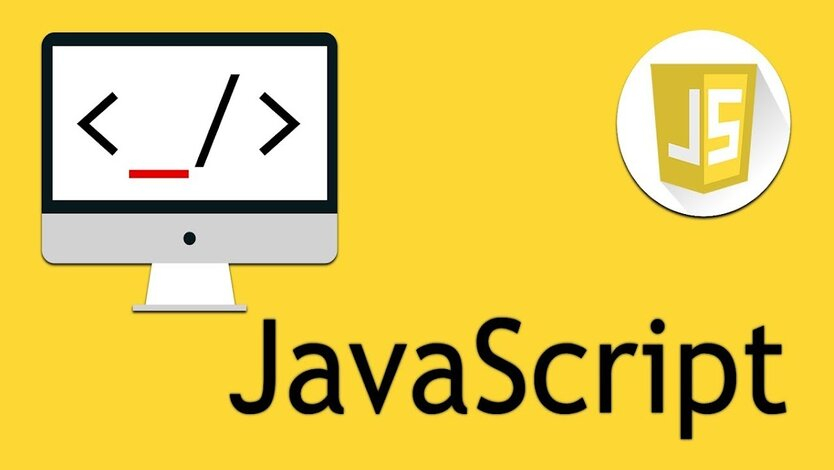Introduction:
JavaScript has transformed the landscape of web development, empowering developers to create dynamic, interactive, and responsive web applications. As one of the core components of the web, JavaScript has come a long way since its humble beginnings. In this blog, we'll take a captivating journey into the world of JavaScript, exploring its evolution, key features, and its role in modern web development.
For Free Demo classes Click Here!
1. A Brief History:
JavaScript, initially named Mocha, was developed by Brendan Eich at Netscape in 1995. It was later renamed to LiveScript and eventually settled on its current name, JavaScript. Initially designed for basic client-side interactions, the language has grown into a versatile programming language capable of powering entire web applications.
2. Key Features of JavaScript:
a. Interactivity and DOM Manipulation:
JavaScript enables dynamic interaction with the Document Object Model (DOM), allowing developers to manipulate elements, handle events, and create immersive user experiences.
b. Asynchronous Programming:
JavaScript's non-blocking nature enables asynchronous programming, making it ideal for handling tasks like fetching data from servers without freezing the user interface.
c. Functions as First-Class Citizens:
In JavaScript, functions are treated as first-class citizens, meaning they can be assigned to variables, passed as arguments, and returned from other functions. This feature is crucial for functional programming paradigms.
For Free Demo classes Click Here!
d. Prototypal Inheritance:
JavaScript uses prototypal inheritance, where objects inherit properties and methods from their prototypes. This dynamic nature allows for flexible object-oriented programming.
e. Closures:
Closures allow functions to remember and access their lexical scope even when executed outside of that scope. They provide a powerful mechanism for maintaining state and encapsulation.
3. Modern JavaScript: ECMAScript 6 and Beyond:
ECMAScript 6 (ES6), released in 2015, brought significant enhancements to JavaScript. With features like arrow functions, template literals, classes, and destructuring, developers gained more expressive and concise ways to write code. Subsequent versions of ECMAScript, such as ES7, ES8, and ES9, continued to introduce new functionalities and improvements.
For Free Demo classes Click Here!
4. Libraries and Frameworks:
The JavaScript ecosystem is bustling with libraries and frameworks that simplify web development. Some popular ones include:
a. React.js: Developed by Facebook, React.js is a component-based library for building user interfaces. It allows for efficient rendering of UI components and is widely used in modern web applications.
b. Angular: Developed by Google, Angular is a full-fledged framework for building web applications. It provides features like two-way data binding and dependency injection, making it a powerful choice for large-scale projects.
c. Vue.js: Vue.js is a progressive JavaScript framework, offering ease of integration and a gentle learning curve. It's suitable for building small to medium-sized applications.
5. Server-Side JavaScript: Node.js
Traditionally, JavaScript was limited to the client-side, running in web browsers. However, Node.js, built on Chrome's V8 JavaScript engine, revolutionized server-side development. It allows developers to build scalable and efficient server applications using the same language they use on the client-side.
For Free Demo classes Click Here!
Conclusion:
JavaScript has evolved from a simple scripting language to a versatile and powerful tool driving the modern web. Its ability to handle interactivity, asynchronous tasks, and dynamic data manipulation makes it a fundamental part of web development. As the language continues to evolve, embracing new features and frameworks, it opens up endless possibilities for developers to create innovative and user-friendly web experiences.
So, whether you're a seasoned developer or just starting on your coding journey, JavaScript is a language that holds immense potential for shaping the future of web development. Embrace its power, and let your creativity and passion drive you to create astonishing web applications that leave a lasting impact on users worldwide. Happy coding!
For Free Demo classes Click Here!
Mentor - Rajesh Chaudhary
Intormation and research are sources from internet.
Tags: #JavaScript #Aap Development #SoftwareDevelopment #nitsglobal #website #blog

